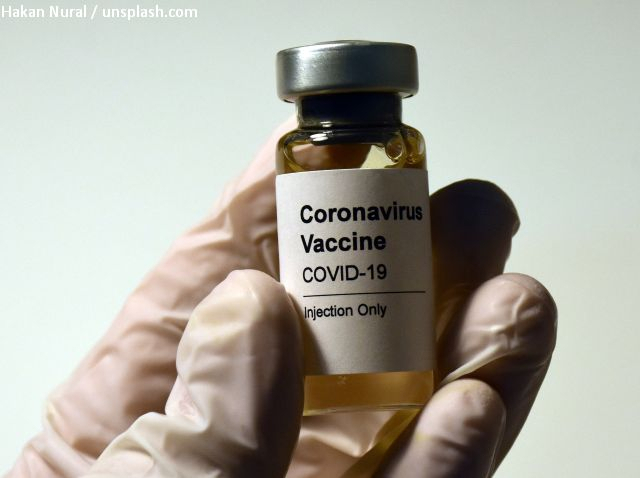Vaccination – between trust and mistrust
2 million Romanians oppose vaccination, while some 800,000 claim there is no pandemic

Daniela Budu, 18.06.2021, 14:00
Most
Romanians are aware of the danger COVID-19 represents, and nearly half of the
population believes the pandemic will go on for at least two-three years, a
study conducted by the Quality of Life Research Institute of the Romanian
Academy reads. Sociologist Iulian Stănescu, a scientific researcher with the
Institute, told Radio Romania more about Romanians’ waning confidence and
solidarity during the pandemic.
In
situations of social crisis, much like the recent epidemic, but we could also
talk about war, terrorist attacks and other crises, some societies experience an
increase in cohesion, others a drop. Romanian society is part of the latter,
and I can say since the start of the pandemic, social cohesion has been
affected, Romania’s social backbone is tired. In other words, society is losing
its resilience. And resilience is also that feature of society that helps her
resist social shocks and crises and better absorb their effects.
Over
half of Romanians (56%) would recommend a friend to get vaccinated, with the elderly
and people with higher education being the most vaccine-prone. There are,
however, over 2 million people from all social categories that oppose vaccination
and would counter-recommend it. The main reasons behind vaccination reluctance
and hesitancy are the lack of information, manipulation and disinformation, but
also adverse reactions, including death, mistrust in the efficiency of vaccine,
but also the belief that the COVID pandemic doesn’t exist. The percentage of
people who deny the existence of the virus has reached 6% of the population,
accounting for 800 thousand people, a group large and active enough to make its
presence felt, the researchers also note. At a time when immunization is at its
lowest, the authorities highlight the need to complete the COVID vaccination
scheme and are preparing wider awareness-raising campaigns in the rural area, where
the immunization rate remains low. According to the coordinator of the vaccination
campaign, medical doctor Valeriu Gheorghiţă, nearly 50% of vaccination centers
are at present working at half-capacity. The activity in certain centers will
stop in the near future, while others will see their working hours reduced.
With a progressive drop in the number of people taking the anti-COVID jab,
the quantity of vaccines delivered to Bucharest will be slashed as well. So far,
60% of the 15 million doses made available to Romania by the European
Commission have been used. (VP)






























